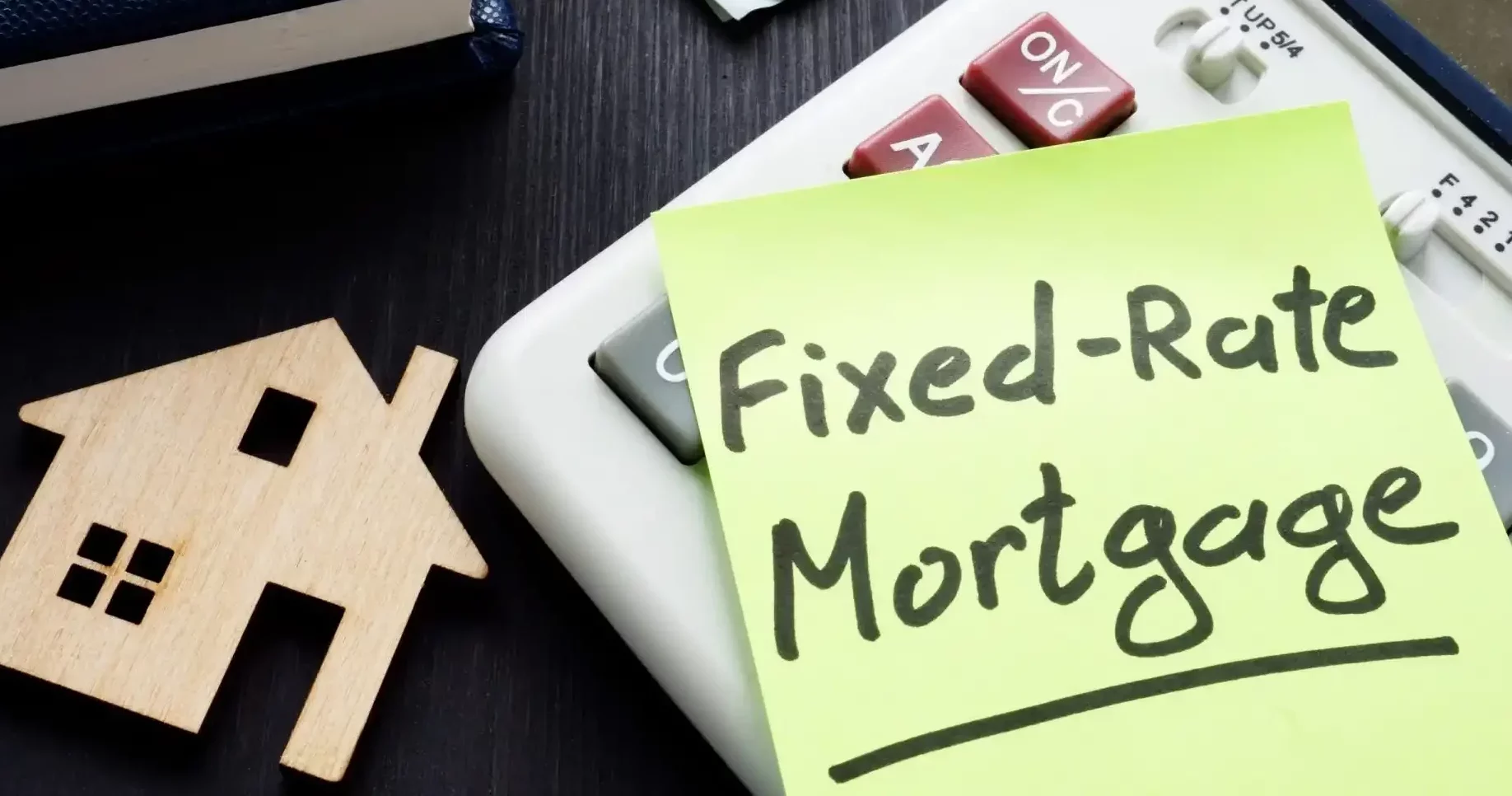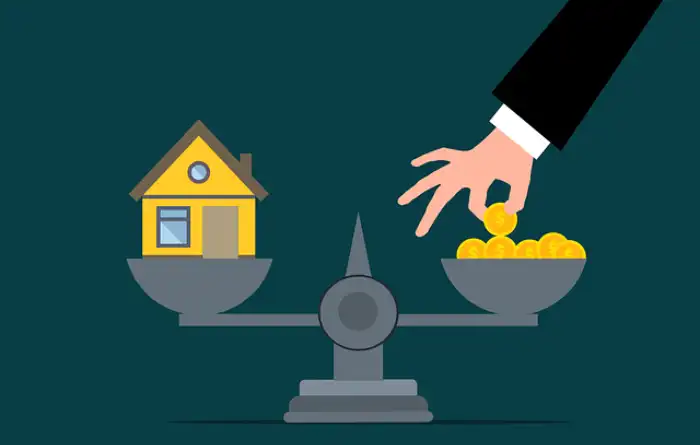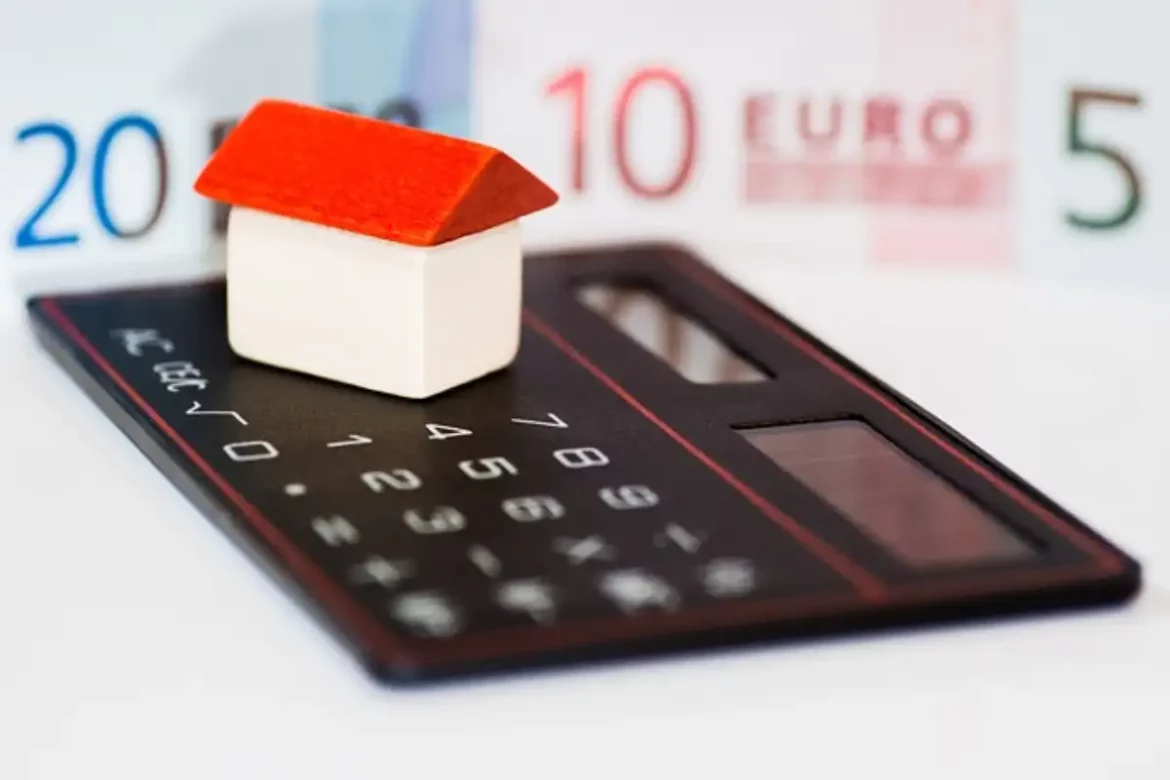Fixed-Rate vs. Variable-Rate Mortgages – Purchasing a new home can be a significant decision to make. Unless you have enough cash to cover the selling price, you probably consider getting a mortgage as a financial solution. It refers to a home loan used by homebuyers to obtain the funds needed to finance a property purchase. However, taking out a mortgage might cost you considerable money in interest and other fees. This is one reason why choosing the right mortgage product is essential to help you save money in the long run.
So, when looking for one, you can choose from a wide selection of mortgage products. If you don’t know which type of mortgage you should take out, you can hire brokers to help you find the perfect choice. For more information about these professionals, you can check out certifiedmortgagebroker.com or read some resource websites.
On the other hand, if you still want to know which type of loan to apply for, keep reading this article to learn more about fixed-rate and variable-rate mortgages.
Table of Contents
What’s A Fixed-Rate Mortgage?

Fixed rate mortgage frm written on a piece of paper.
A fixed-rate refers to a type of mortgage wherein the interest rate is fixed throughout the entire loan term. For example, if your mortgage has an interest rate of 2% and a loan term of five years, then you have to pay your loan with the same 2% for the whole five-year period. This means your monthly repayments will stay the same, regardless of the market conditions and other circumstances.
In most cases, a fixed-rate mortgage is a much better option if the interest rates are initially low but will increase over time. If this happens, then you might as well lock in your mortgage at a fixed rate.
On the other hand, if you want to know whether fixed-rate is the right financial solution for your needs, you need to get familiar with its advantages and disadvantages. Generally, a fixed-rate loan comes with the following benefits:
- As a borrower, you’re aware of the amount to pay for the loan. Consequently, you’ll be able to set aside enough money to cover the monthly repayments.
- You can pick the payment term you want without worrying about any rising interest rates.
- You can protect yourself from an unexpected increase in your mortgage payment. This is especially true if you have a limited budget.
Aside from the advantages, getting a fixed-rate mortgage also comes with some downsides. These can include:
- You may have to pay additional fees when you decide to modify your loan terms or settle it ahead of the agreed schedule.
- A fixed-rate loan is usually more expensive to pay for a long-term duration.
- A fixed-rate loan doesn’t change even during the period when interest rates decrease.
What’s A Variable-Rate Mortgage?

A variable-rate mortgage refers to a type of mortgage wherein the interest rate differs depending on the market rates. In most cases, a variable-rate mortgage can be set up in two ways.
- First, when the interest rate fluctuates, the portion of the monthly repayment intended for the interest may fluctuate, but the overall payment stays the same. For example, when the interest decreases, less of your monthly repayment will go to the interest and more of it will be applied to your principal loan.
The other way a variable-rate mortgage would make a lot of sense is that when the market interest rates change, the mortgage amount also changes. For instance, your overall repayment also goes down when the interest rates decline. When the rates go up, your monthly obligation also increases.
However, if you want to understand better how a variable-rate mortgage may help you, it’s best to tackle the pros and cons before deciding. Some common advantages of taking out a variable-rate loan include:
- The monthly repayment can decrease when the market rates also go down, making the mortgage Processing more affordable and easier to pay off.
- The interest rate is much lower compared to a fixed loan.
- You may enjoy better loan perks, especially at the start of the loan period, due to changing rates.
On the other hand, despite the advantages, applying for a variable-rate mortgage also has disadvantages. These can include:
- The monthly repayment can rise when the market rates increase, making the overall mortgage more expensive.
- You may not properly plan for your loan repayment budget due to the changing interest rates.
Final Thoughts – Fixed-Rate vs. Variable-Rate Mortgages
Buying a home doesn’t need to be financially draining. With the appropriate type of mortgage, you can have enough funds to get the property you’ve dreamt of. However, choosing between a fixed-rate and variable-rate mortgage can be pretty confusing. To ensure you find the financing solution that suits your needs, there are many things to consider. These can include your long-term financial plans, risk tolerance level, and budget flexibility.
But to help you get familiar with how fixed-rate and variable-rate mortgages work and which one may benefit your situation, it’s best to keep the information mentioned above in mind. That way, you’ll have an idea of which loan should be taken out for your home purchase.



